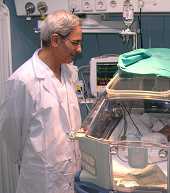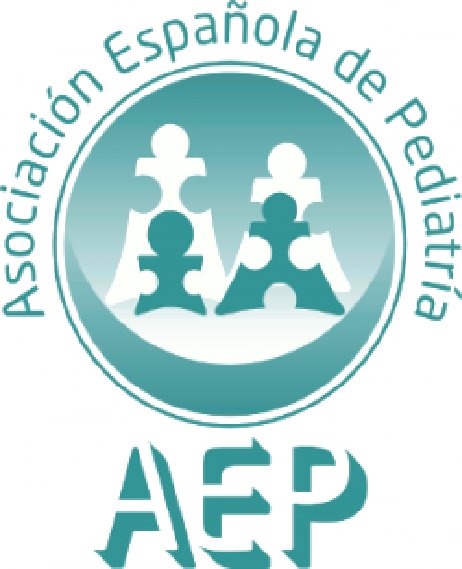Conocer las opiniones de los padres acerca de la calidad de la información médica y de la atención recibida en una unidad de cuidados intensivos pediátricos (UCIP).
Material y métodoSe diseñó una encuesta estructurada centrada en tres aspectos: características de la información, trato ofrecido por parte del personal sanitario y medios puestos a disposición de los padres. Esta encuesta se realizó mediante entrevista, de forma personal, a 61 padres de niños ingresados en la UCIP entre noviembre de 2002 y marzo de 2003.
ResultadosEl 90,2 % de los encuestados refirió haber recibido una información de buena calidad, mientras que el 3% refirió no haber sido informado en ningún momento y el 8% fue informado una sola vez. El 83,6 % estaba satisfecho con el trato recibido por parte del personal sanitario, mientras que el 50,8 % señaló una o más deficiencias en los medios que la UCIP puso a su disposición. El 87% de los padres reclama más tiempo para estar con su hijo en la UCIP. El 84% refirió haberse encontrado particularmente angustiado en uno o más momentos del período del ingreso y al 47 % le hubiera gustado recibir algún tipo de ayuda psicológica.
ConclusionesEn nuestra UCIP la calidad de la información y la atención que reciben los padres es bien valorada por ellos; sin embargo, se han encontrado algunos puntos susceptibles de mejora: la información durante las primeras horas del ingreso, el régimen de visitas, el apoyo psicológico y la infraestructura.
To identify parents’ opinion of the quality of medical information and the quality of care in a pediatric intensive care unit (PICU).
Material y methodWe designed a structured survey to gather data on the characteristics of information given to parents, parents’ dealings with the unit’s staff and resources for parents. This survey was carried out by means of personal direct interviews with the parents of 61 children admitted to our PICU from November 2003 to March 2003.
ResultsMost of the parents (90.2 %) reported that the information they received was of good quality, whereas 3% did not receive any information at all and 8% only once. A total of 83.6 % were satisfied with the unit’s staff, whereas 50.8% pointed out at least one deficiency in the PICU resources available for families. Eighty-seven percent of the parents wanted more time to be with their child in the PICU. Eighty-four percent of parents reported that they had been particularly worried in one or more occasion during their child’s stay in the PICU and 47 % would occasions liked to have received some type of psychological help.
ConclusionsIn our PICU the parents of admitted children were satisfied with the quality of information and the unit’s medical staff. Nevertheless, we identified some features that could be improved such as the information provided in the first few hours of admission, visiting time schedules, psychological support and the unit’s infrastructure.





